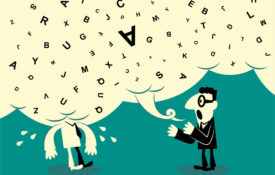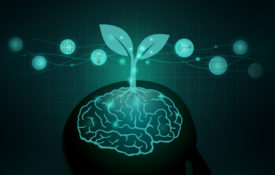-

Feelings of Belonging May Indicate Students’ Risk of Depression
Depression may be more closely related to how we perceive our relationships and position within a community than to whether or not we are socializing with others.
-
New Research Examines the Reluctance We Feel Before Offering Support to Someone in Need
A new study published in Psychological Science urges us not to think twice about offering support or condolences to a friend or acquaintance in need. The study suggests that we have a tendency to underestimate how positively recipients respond
-

New Research in Psychological Science
A sample of research on teaching and growth mindset, human echolocators, children’s knowledge about numbers, deception during 911 calls, mind wandering, depression, and memory.
-

Experts Don’t Always Give Better Advice—They Just Give More
For tasks ranging from solving word puzzles to throwing darts, better performers didn’t give better advice—they just gave more of it.
-

New Research in Psychological Science
A sample of research on social pain, adolescents’ political attitudes and values, disagreement and accuracy, effects of stress on voice features, learning, grief, and anxiety.
-

Embracing Discomfort Can Open Our Minds to New Ideas
When trying something new, discomfort might feel like a sign we’re in over our heads. Embracing these feelings as a part of learning could help motivate personal growth.

